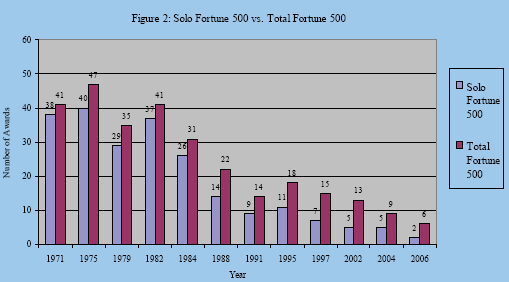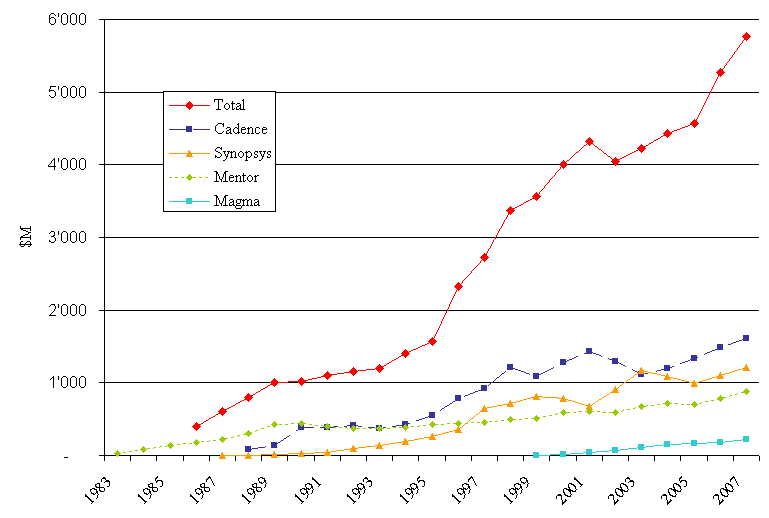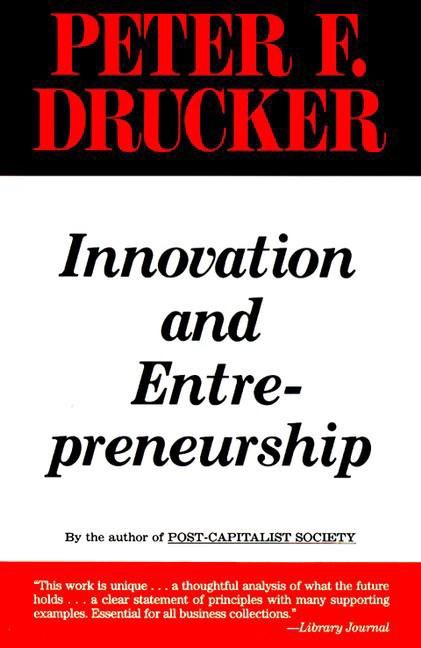Clearly the topic is hot. Two recent articles address the issue of helping Europe in its efforts. One is in English and was published by the Science-Business Innovation Board. The full text follows. Even if I have some doubts, I agree overall. The other one is in French, was published in Le Monde and can be found on the French version of my blog.
What is interesting is these are both letters signed by credible people. Worth reading.

Europe needs to focus.
Too many initiatives in the European Union are blunted by lack of clarity – trying to please too many constituencies at once, and in the end pleasing none. Now the EU is about to embark on another policy initiative where clarity and focus are needed. This letter, based on our collective experience in academia, industry and policy, is a plea for single-minded efficiency.
The issue is “cluster” policy – in short: How do you make a Silicon Valley in Europe? After several months of study, the European Commission is due to issue its first formal answer to that question, with a policy statement recommending action to the EU members.
There’s no dispute that clusters of dynamic companies around top-rated universities are vital to economic success. Cambridge, Oxford, Münich, Grenoble, Leuven and Stockholm are all vibrant zones for scientific discovery, technological innovation, and jobs. But large, they are not. Just one US research institution, the University of California–San Francisco in the Silicon Valley cluster, has spawned publicly traded companies with a combined market value of $90 billion – three times the value of Europe’s entire bio sector. China has concentrated resources and tax breaks on three mega-hubs for technology development. Whether by market rule or government fiat, these are clusters big, bold, and concentrated.
By contrast, Europe’s approach is small, timid and diffuse. The EU counts some 2,000 clusters, 70 different national cluster policies, and hundreds of regional programmes. Now it has the opportunity for change. Between 2007 and 2013 the European Union has budgeted €308 billion for structural funds, a type of regional-development “catch-up” funding that can be applied to knowledge networks as easily as to road networks. The EU’s upcoming cluster policy statement, led by Vice President Günter Verheugen, could direct that spending wisely. We urge that it incorporate the following principles:
A CHARTER FOR CLUSTERS
- Build on existing strengths. Clusters cannot be planted on bare soil, wherever a politician feels like it. They can only be nurtured in places that have already demonstrated knowledge, skills and growth.
- Focus resources. Don’t scatter the money far and wide. Pick just a few of the most promising regions and sectors for support, and provide an environment – family-friendly, multidisciplinary, well-paid – that will attract the brightest minds.
- Be open. Encourage the best people, wherever in the world they may be, to work in Europe’s clusters. Promote open competition, among universities, companies and regions, for funding . Promote border-crossing – among people, ideas, scientific disciplines, and industries.
- Benchmark, monitor and be transparent. Base funding and regulatory policy, not on the clash of political interests, but on empirical analysis of what’s working and on open competition.
- Encourage risk-taking, cross-disciplinary work, bold innovation and experimentation
These are broad principles. One practical idea for implementation is to create Special Innovation Zones in Europe (SIZE).
We urge the EU to designate a few – and we mean just a few – existing clusters to benefit from a new legal status as special innovation zones. It would give them extra cash from that €308 billion structural-funding budget to invest in schools, infrastructure and cultural amenities that attract the world’s top knowledge workers (reversing the “brain drain”) and to stimulate university research, teaching and spin-out company formation. They would get special, temporary dispensation from rules that hamper free movement of people and ideas, such as immigration and labour policies that make it hard for small companies to hire or fire. They could tap seed funding, supported by the EU and managed by investment professionals. They could earn a new, low-tax status reserved for young, innovative companies, and access low-cost, high-quality office space and support services
How would the EU pick these centres of excellence? Through transparent, international, data-based competition, rather than through closed-door, regional politics. Create a council, dominated by non-EU experts on technology, development and education, that weighs competing applications from the regions based on their performance – in hard numbers, per euro spent, of significant inventions, publications, spin-outs, licenses, stock-market flotations, post-doctoral fellows and jobs, and soft analysis of governance, infrastructure, quality of life, and visionary planning. There are already models for this. The newly created European Research Council last year achieved a first: handing out €300 million in research grants based solely on the judgment of international experts. The “cull rate” was ferocious: 97% of applicants were rejected. But the winning 3% were, beyond any doubt, scientifically worthy of funding. If this no-nonsense, expert approach can work in the university sector – interbred and politicized as it is in many EU nations – it can surely work in regional policy.
Time is running out for Europe. The American capital markets, treacherous as they may be, are pouring vast sums into the nation’s technology centres. In South Korea, government investment of $11 billion in the Incheon Free Economic Zone has drawn $49 billion in foreign investment. At the same time, we are all confronted by the urgent problems of global warming and rising energy costs; solutions must be found through research, innovation and entrepreneurship. Unless Europe improves its capacity to innovate, it will miss these opportunities to lead and prosper.
Europe’s politicians cannot afford any longer the luxury of playing big spender to all regions great and small. They need to be bold, brave and selective. They can start with the Commission’s upcoming cluster policy statement.
Signed:
Esko Aho, President, Finnish innovation fund SITRA, and former Prime Minister, Finland
J. Frank Brown, Dean, INSEAD
Jean-Philippe Courtois, President, Microsoft International
Pat Cox, President, European Movement, and former President, European Parliament
Roch Doliveux, CEO and Chairman, UCB
Denis Payre, CEO, Kiala and Co-Founder, Business Objects
Philippe Pouletty, General Partner, Truffle Capital
Alfons Sauquet, Dean, ESADE Business School
Helmut M. Schühsler, Managing Partner, TVM Capital
Harriet Wallberg-Henriksson, President, Karolinska Institutet
Members of the Science|Business Innovation Board









